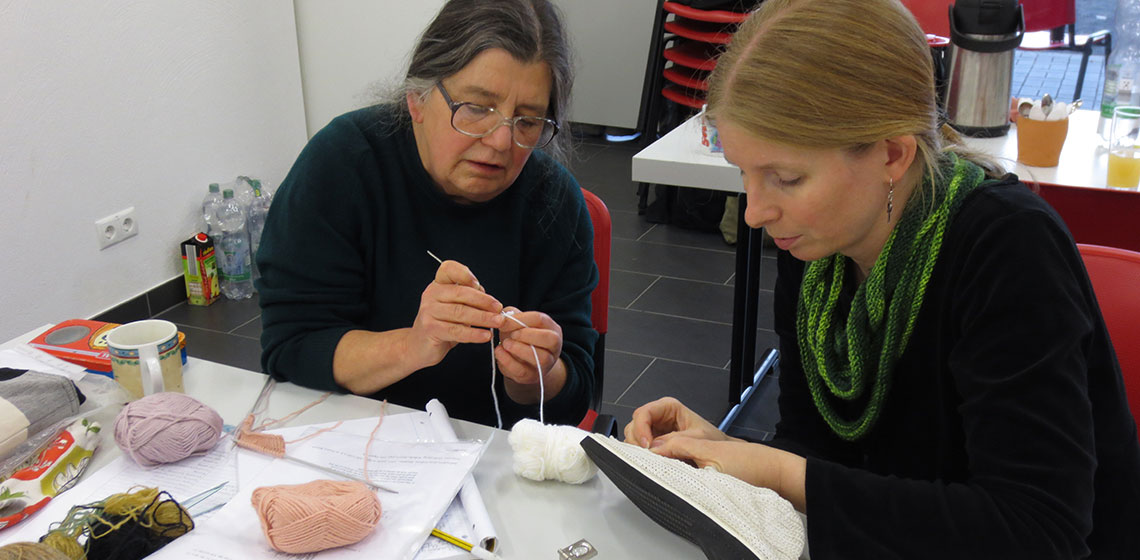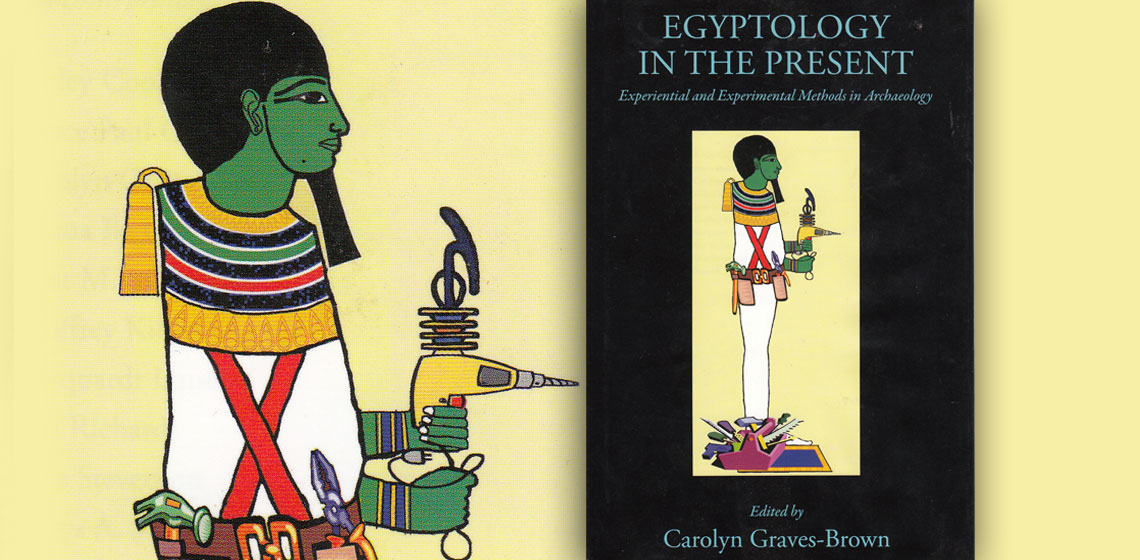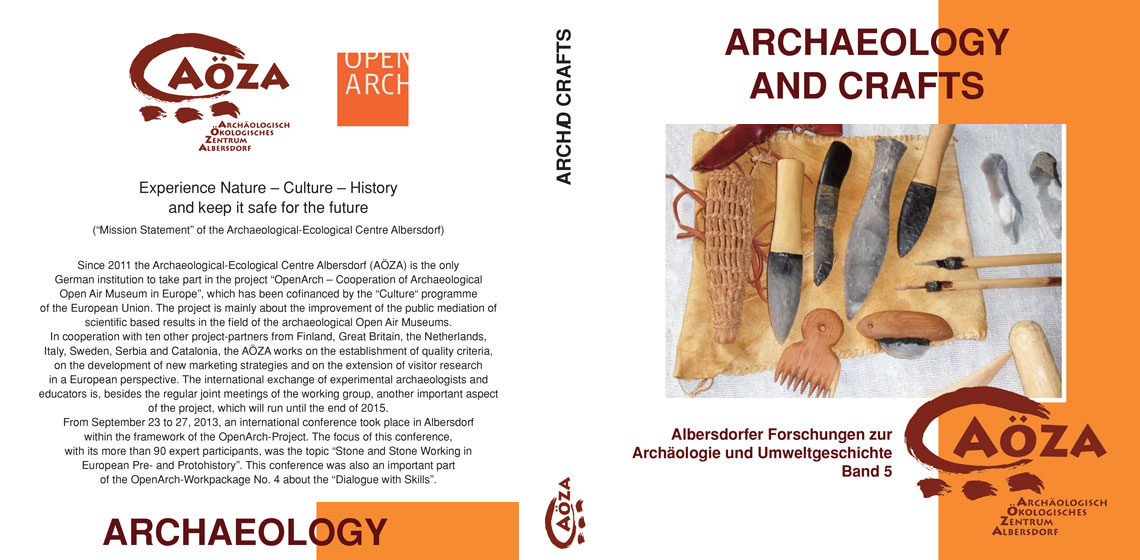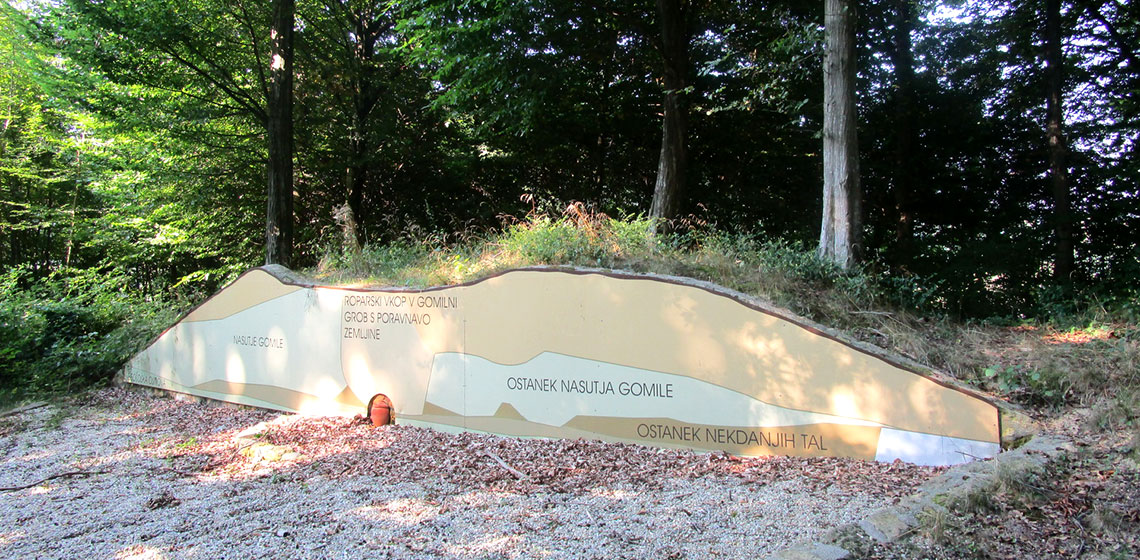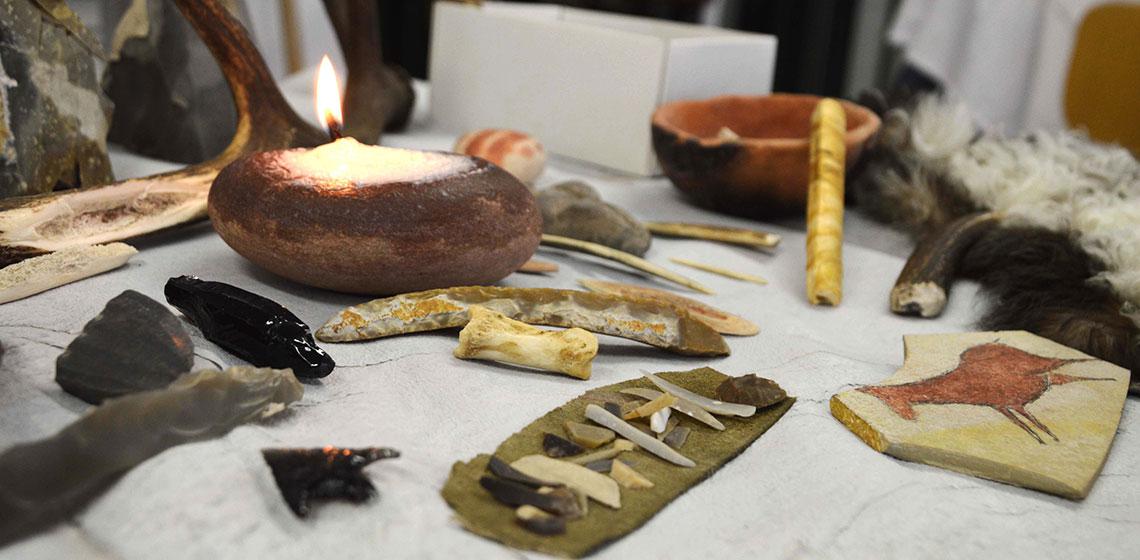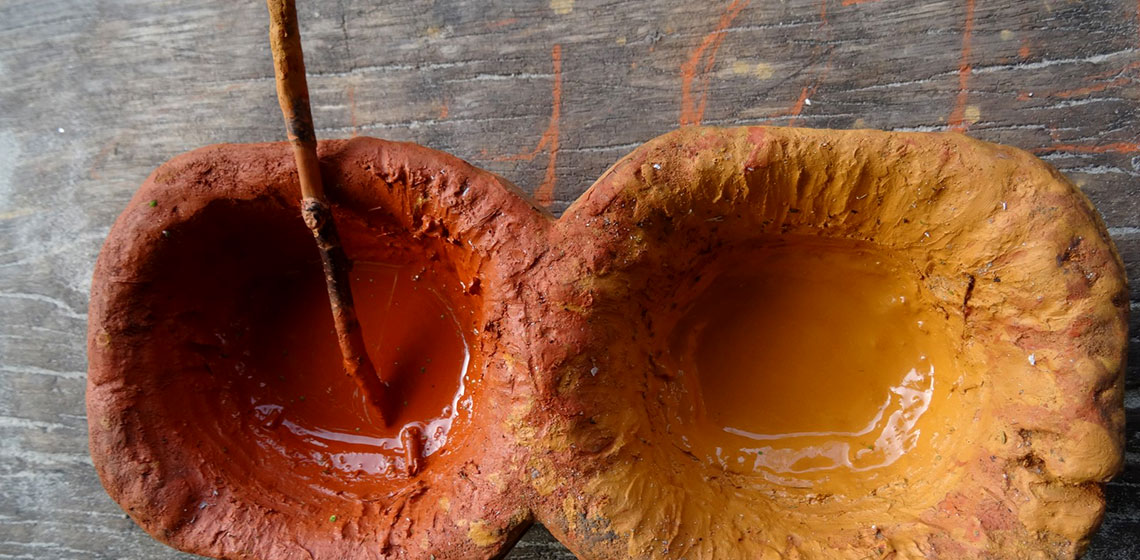Chalcolithic
Book Review: Egyptology in the Present: Experiential and Experimental Methods in Archaeology by C. Graves-Brown (Ed)
Material Culture Studies, Leiden University (NL)
Leiden University (founded in 1575) is one of Europe's leading international research-intensive universities. This prominent position gives our graduates an advantage when applying for positions both within and outside the academic world.
Book Review: Archaeology and Crafts edited by Rüdiger Kelm
Pre-History Weekend
Pre-History Weekend a chance to taste and smell the past!
Archaeological Routes and Paths in Northeast Slovenia – new Opportunities for Tourism
Experimental Archaeology Laboratory UAM (ES)
Official Goal of our organisation is teaching and research in Prehistory and Archaeology by using experimental methodologies.
Official Goal of our organisation is teaching and research in Prehistory and Archaeology by using experimental methodologies.
Fundación Atapuerca (ES)
The aims of the Atapuerca Foundation is to support the Atapuerca Research Team (ART) in the form of pre- and post-doctoral research grants and manage each annual dig at the Sierra de Atapuerca sites.
The aims of the Atapuerca Foundation are:
Book Review: Recent Publications: Experimental Archaeology in the November 2015 Issue of the Cambridge Archaeological Journal (Volume 25, Issue 4)
Tangible and Intangible Knowledge: the Unique Contribution of Archaeological Open-Air Museums
***Over the years my personal research interests have focussed on the less tangible elements of the past, such as gender issues, perishable material culture, and the sensory worlds of the past, but all of these have been underpinned by a longstanding appreciation of the role experimental archaeology can play as...
